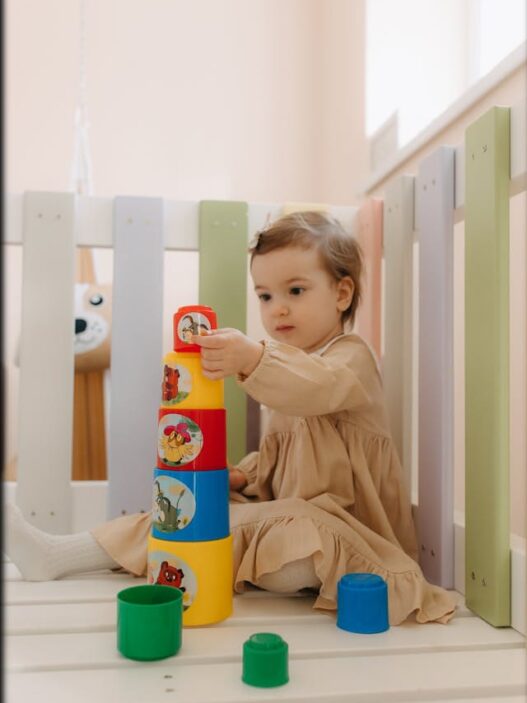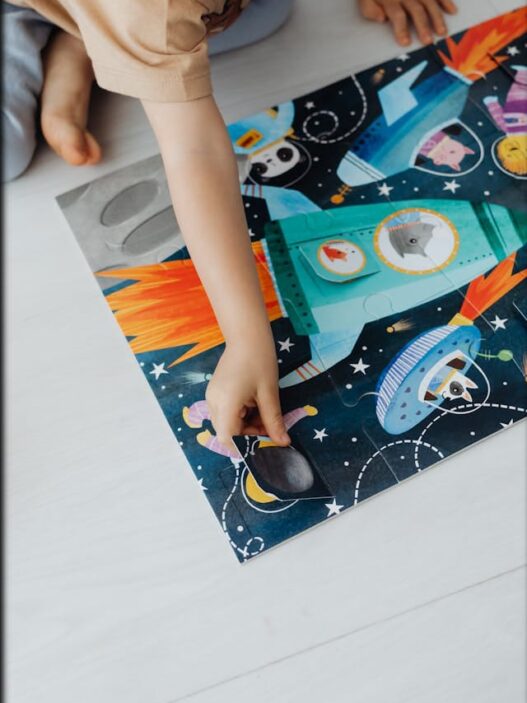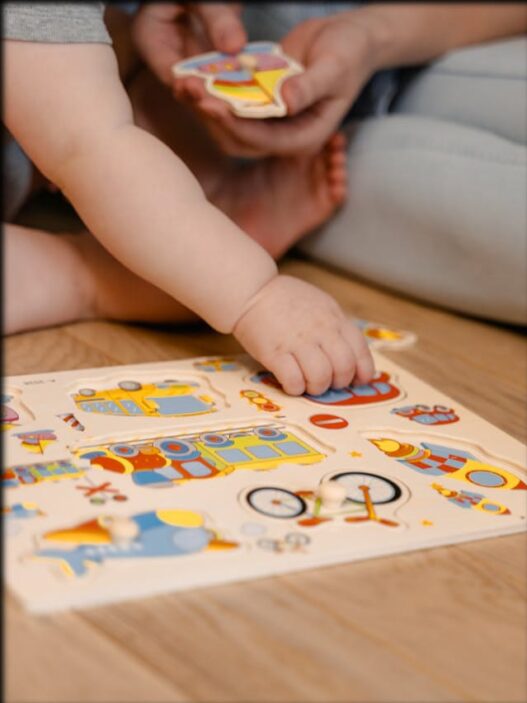Achieving the milestone of rolling over is a major accomplishment in a baby’s development, showing their growing mastery of their bodies and interest in their environment. While some babies may begin rolling over at 3 months old, others may not achieve this skill until around 6 months. If your baby is having difficulty rolling over, there are different approaches and methods you can try to help them.
Make sure your baby has a secure area to practice rolling over. Allow them room to move around freely and supervise them closely to prevent accidents. Using a soft blanket or mat on the floor can provide a cozy and stable surface for them to practice on.
To encourage your baby to roll over, you can start by placing them on their tummy during playtime. This helps strengthen the neck and arm muscles needed for rolling over. Start with short periods of tummy time and gradually increase the duration as your baby becomes more comfortable with it.
Giving your baby plenty of opportunities to practice rolling over is advantageous. Motivate them by placing toys or objects just beyond their reach, encouraging them to move and reach for them. You can also help by gently guiding their movements with your hands on their hips or knees to initiate the rolling motion.
It is important to be patient and gentle with your baby as they learn to roll over. Avoid rushing or pushing them, as this can cause frustration and disinterest. Instead, remember to provide plenty of encouragement and praise to help keep them motivated.
If your baby is still having difficulty rolling over even after trying these tips, it may be helpful to seek guidance from your pediatrician. They can provide you with helpful advice and support as you navigate through this crucial stage of development with your baby.
In brief, rolling over is a major milestone in your baby’s development, but it’s important to remember that every baby advances at their own pace. By creating a safe and supportive environment, providing plenty of chances to practice, and being patient and gentle, you can help your baby learn this important skill. If you have any concerns or questions, don’t hesitate to seek advice and support from your pediatrician.
























